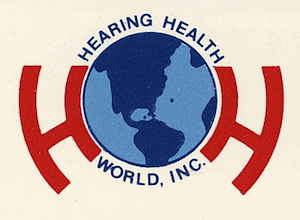Just the Codes, Ma’am
Diagnostic procedures used in the evaluation of vestibular patients are given code numbers so that they can be easily identified by third-party payers. These CPT (Current Procedural Terminology) codes are five-digit numbers and are designated by the CPT Advisory Committee of the American Medical Association when there is agreement among the committee members that a new procedure has reached the status of widespread and justified use. Specifics of CPT codes for vestibular diagnostic procedures and descriptions will be covered over the next few weeks. This week, I will just list the codes in question.
CPT Codes for Vestibular Diagnostic Procedures
92540 – Basic vestibular evaluation, includes spontaneous nystagmus test with eccentric gazer fixation nystagmus, with recording, positional nystagmus tests, minimum of 4 positions, with recording, optokinetic nystagmus test, bidirectional foveal and peripheral stimulation, with recording, and oscillating tracking test, with recording.
92541- Spontaneous nystagmus test, including gaze and fixation nystagmus, with recording
92542- Positional nystagmus test, minimum of 4 positions, with recording.
92543- Caloric vestibular test, each irrigation (binaural, bithermal stimulation constitutes four tests) with recording
92544- Optokinetic nystagmus test, bidirectional, foveal or peripheral stimulation, with recording
92545- Oscillating tracking test, with recording
92546- Sinusoidal vertical axis rotational testing
92547- Use of vertical electrodes (List separately in addition to code for primary procedure)
92548- Computerized dynamic posturography
These codes are property of the American Medical Association
Over the next few weeks, we will discuss how codes are developed and valued, and help the reader better understand the practitioner’s responsibility in using these codes correctly.






